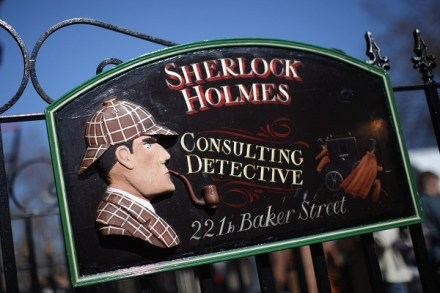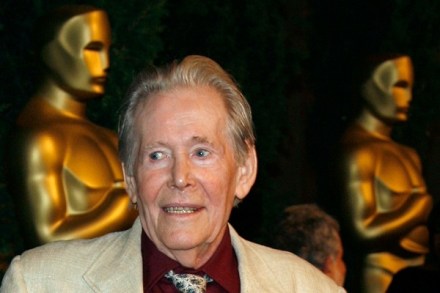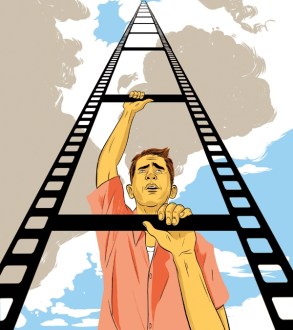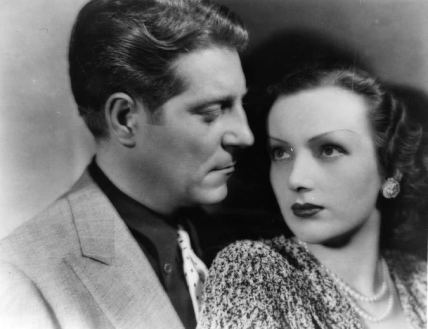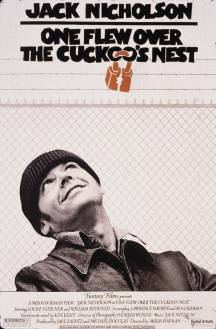Do we need to know what a character looks like?
How much attention do you pay to the physical descriptions of characters in novels? Interviewed on Five Live recently about her latest book NW, Zadie Smith said that she never really bothers with them, either as a reader or a writer. ‘Descriptions of how people look – how many of them have you read?’ she asked. ‘They go on and on. They never really add much, though. I usually pass over them.’ My initial reaction was: really? They never add much? I haven’t read NW yet, but my mind went back to The Autograph Man, Smith’s second novel. It only struck me halfway through that I didn’t know much, if
